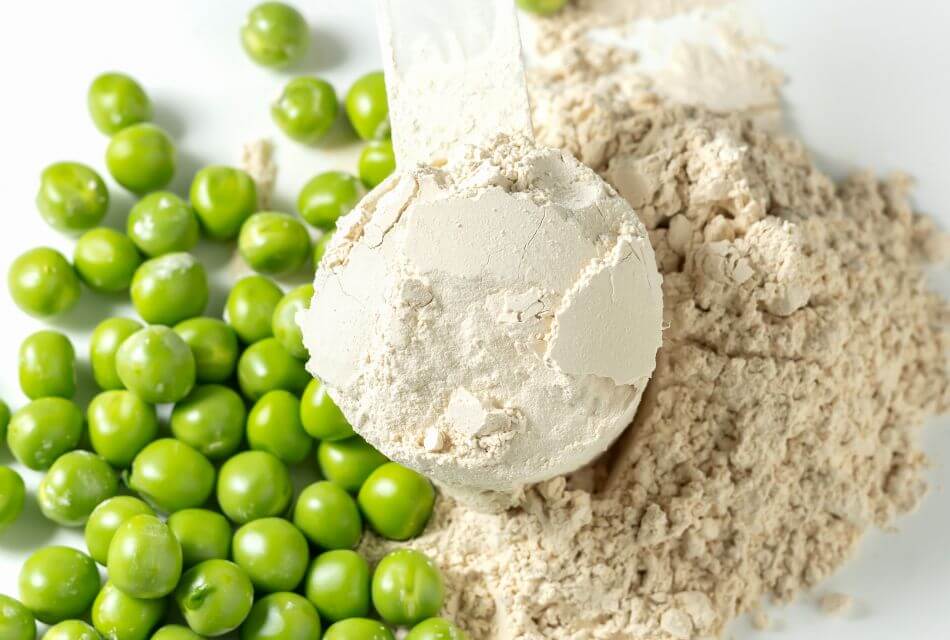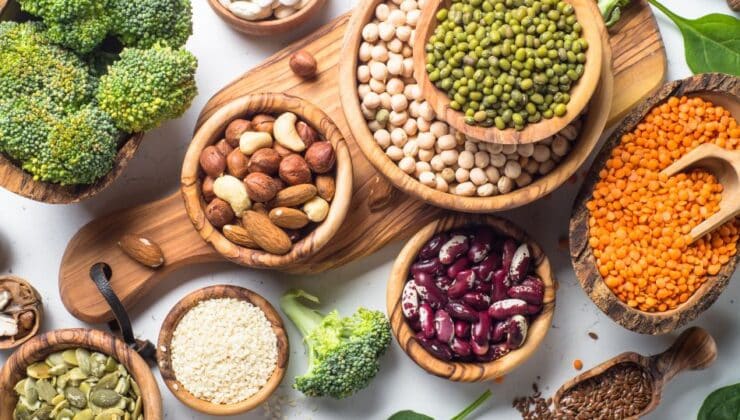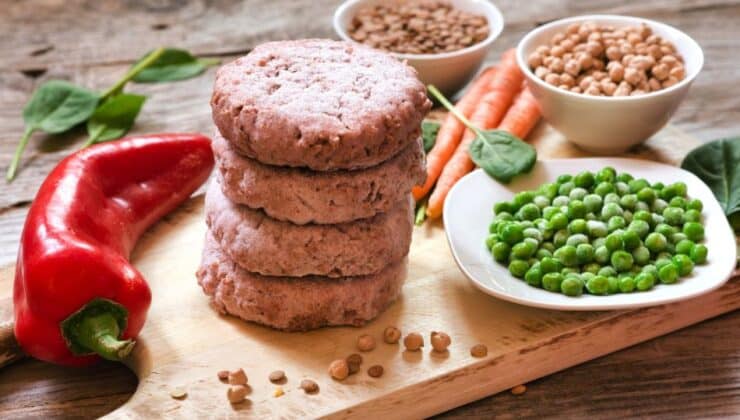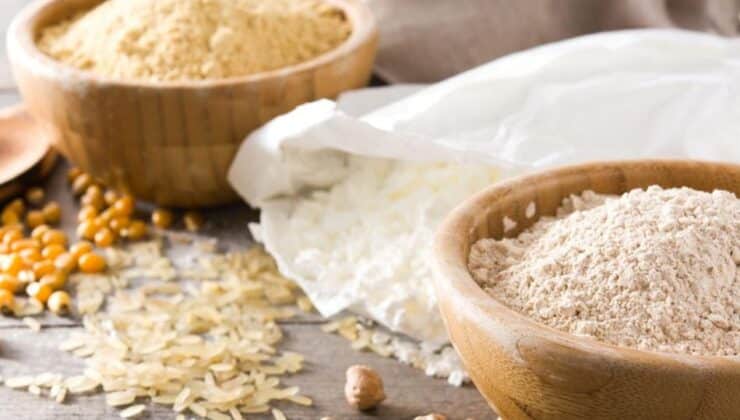We are attending to an authentic revolution in the food industry, a revolution in which vegetable pea protein is emerging as a more complete food alternative to animal protein.
It is not an imposition by the industry to set trends, quite the contrary: society itself is asking for changes, looking for options in the market that, every day, proposes new products, new recipes, new ways of eating to take care of oneself and contribute to the care of the planet through a healthy and sustainable food – according to the study “The Global Impact of Food Production” by the University of Oxford. In the United Kingdom, around 25% of annual greenhouse gas emissions come from the food sector.
Because the growing number of people that follow a based plant diet, currently, according to different studies already exceed five million in Spain, others continue to join moved by different reasons among which is also curiosity, disembark in a way of eating that offers every day, more and better organoleptic culinary and nutritional possibilities.
And in this new food experience the vegetable pea protein is becoming ins an absolute benchmark.
Molendum Ingredients, a subsidiary of Dacsa Group has presented its vegetable pea protein, their Pésol Pea, the food industry has surrendered, and consumers have been delivered.
Molendum’s Pésol Pea has quickly gone from being an ingredient developed with excellent quality raw materials in Molendum’s I+D+I department, to one of the most valued ingredients by the food industry in order to offer consumers the food they demand with the guarantees they require.
The vegetable pea protein of Molendum has proven to be the best ally, both in wet and dry form, to replace meat and fish in industrial food preparations because it is the ideal pea vegetable protein as an alternative to animal protein, among other reasons, due to its versatility, nutritional quality, taste and texture.
These are qualities that, just a few years ago, people who followed and continue to follow a vegetarian, vegan or flexitarian eating style had to sacrifice almost entirely in exchange for being faithful to their principles, as the industry, almost in its infancy, began to take its first steps in researching plant-based ingredients to replace animal protein.
The supply was limited, hardly versatile and both taste and texture left much to be desired.
Pea vegetable protein has turned this situation around considerably, so much so that there has even been talk of a revolution in the food industry.
In fact, pea vegetable protein has even gone beyond the doors of the domestic kitchen, sometimes making a niche for itself and, on other occasions, practically the entire menu in restaurants that present up to forty gastronomic offerings made with pea vegetable protein.





